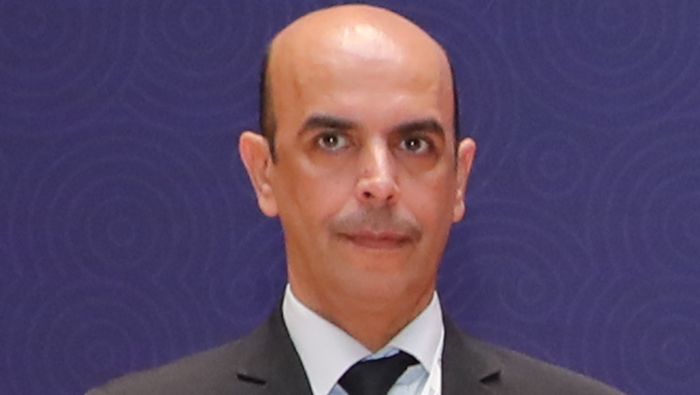
Muscat:: In a significant breakthrough, Dr. Mohammad A. N. Al-Azawi, Associate Professor specialising in Artificial Intelligence (AI) and Computer Vision at Al Buraimi University College, has spearheaded a research project titled ‘Utilising Computer Vision and AI in Diagnostic Brain Abnormalities’ aiming to revolutionise medical diagnostics.
This study highlights the synergistic potential of advanced technology to detect and assess brain anomalies with remarkable precision.
Dr. Al-Azawi’s project represents a significant stride in medical imaging processing, specifically targeting magnetic resonance image (MRI) analysis within computer-aided diagnostic (CAD) systems. The crux of the study lies in harnessing advanced computer vision and AI techniques to detect brain anomalies, a feat critical for early diagnosis and treatment.
One of the primary challenges addressed by Dr. Al-Azawi and his team was the inherent variability in brain shapes across individuals, complicating computer-based diagnoses.
To surmount this obstacle, the researchers devised a novel approach centered on the brain’s symmetry. By exploiting the inherent symmetry between the brain’s two lobes, the study aimed to identify deviations caused by abnormalities such as tumors, which disrupt the natural symmetry of the brain.
The methodology involved meticulous analysis of various features extracted from MRI images, including color and texture, to discern abnormalities accurately. By comparing the symmetry between the brain’s lobes, the algorithm developed by Dr. Al-Azawi’s team achieved remarkable precision, recall, and accuracy rates, reaching 95.3%, 94.7%, and 95% respectively.
Published in the esteemed journal Multimedia Tools and Applications, the study underscored the efficacy of leveraging the brain’s inherent symmetry for computer-based diagnosis.
Dr. Al-Azawi emphasised that this approach not only enhances diagnostic accuracy but also holds immense potential for streamlining medical workflows and improving patient outcomes.